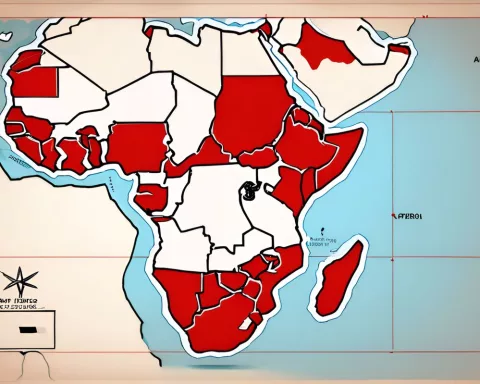Deo Kato, a man of Ugandan descent and London residency, is running from Cape Town to London along ancient migratory trails. His journey challenges racial stereotypes, questions territorial divisions, and fosters human connections. Despite facing numerous challenges, Kato’s determination remains unwavering. His marathon is a poignant commentary on the obstacles that refugees encounter in their search for safety and a lively rebuttal against racism, demonstrating that our common human heritage trumps race or nationality.
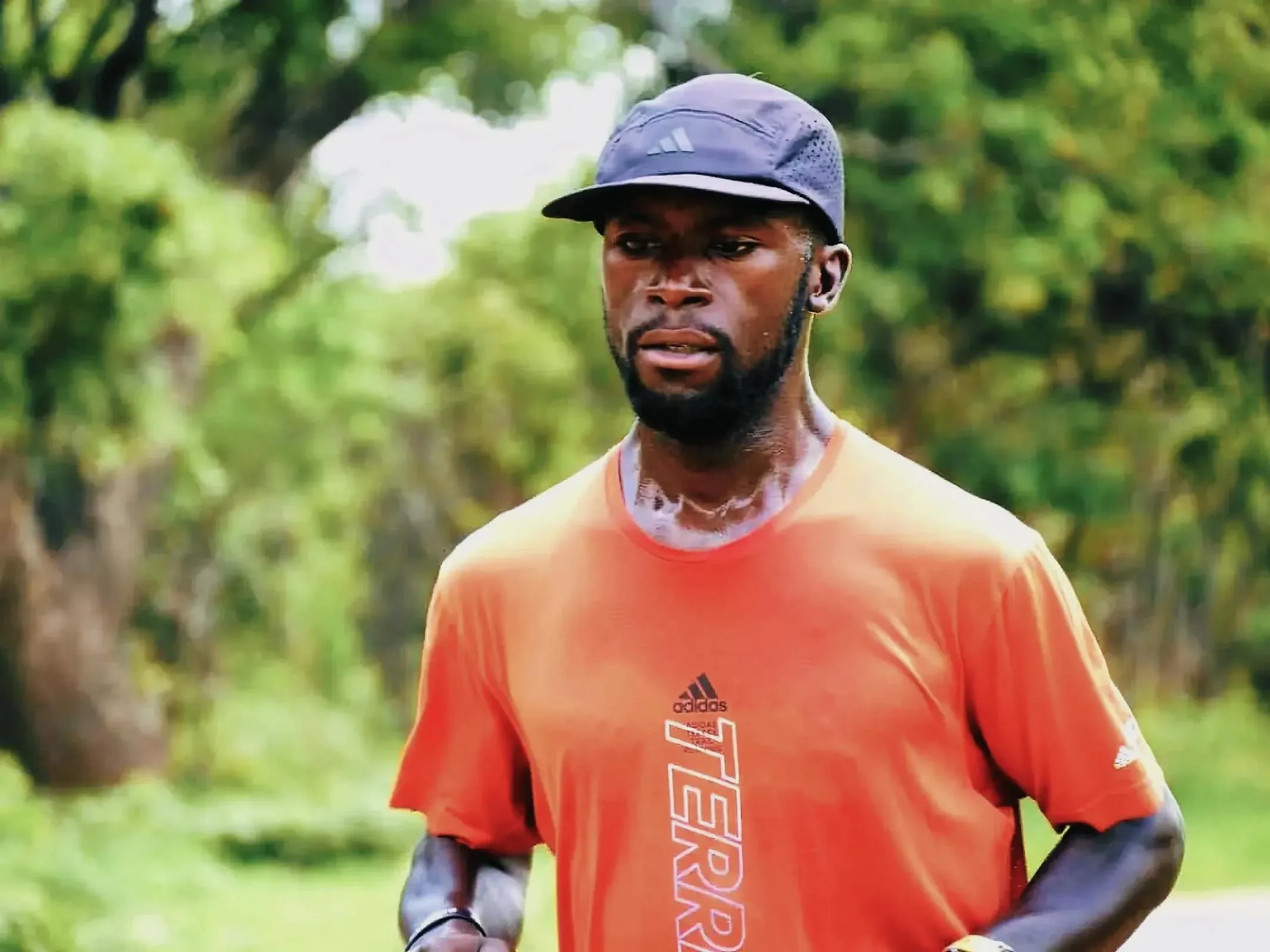
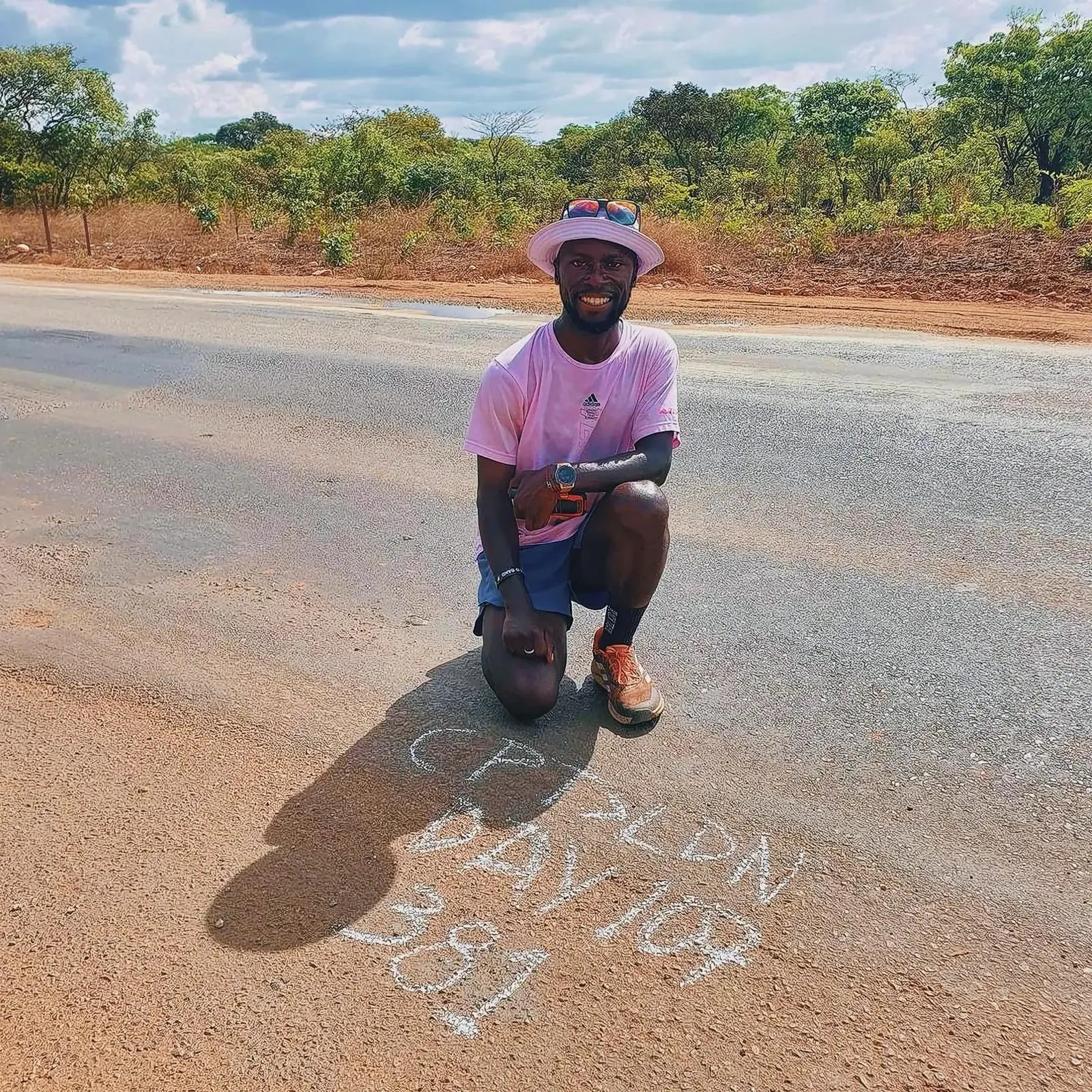
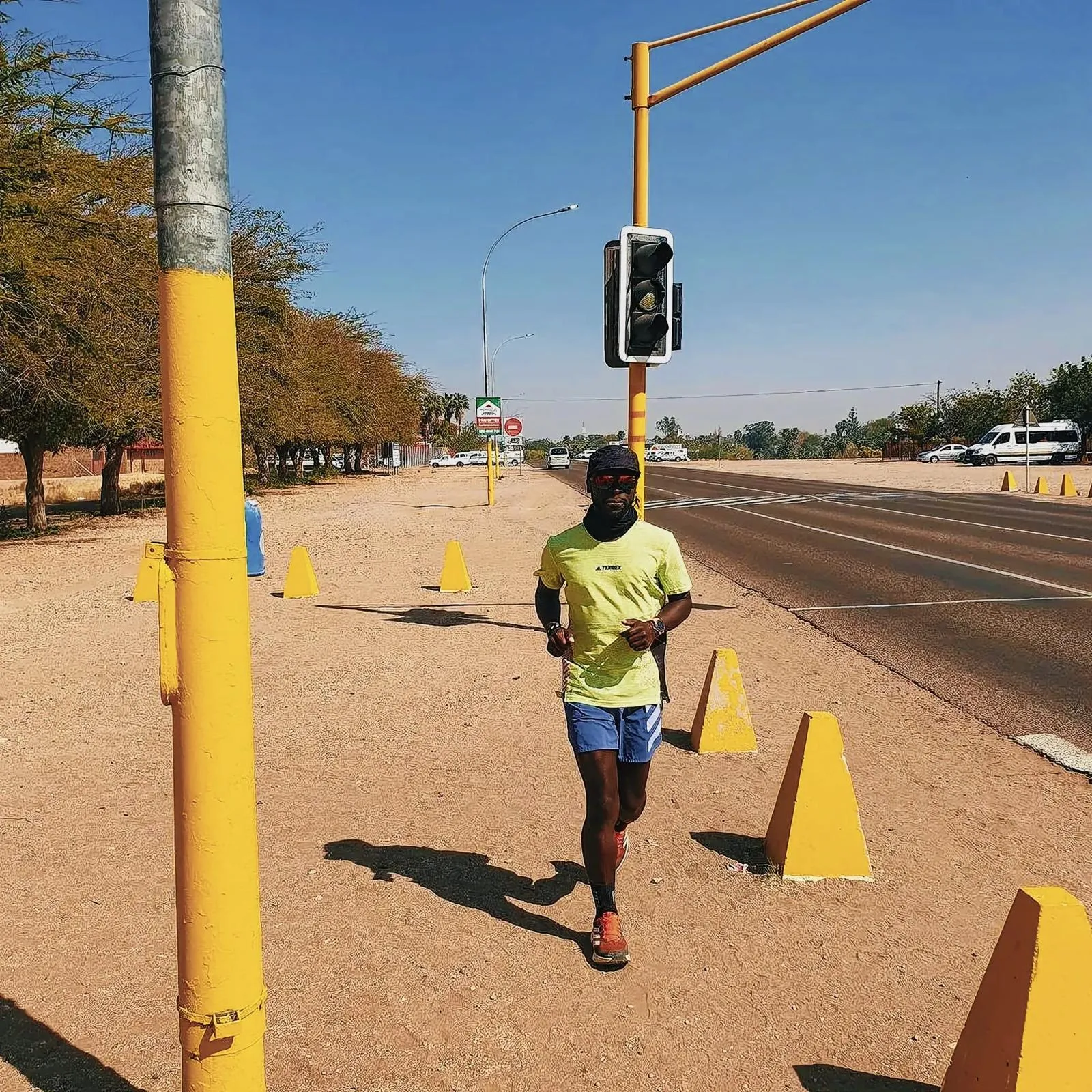
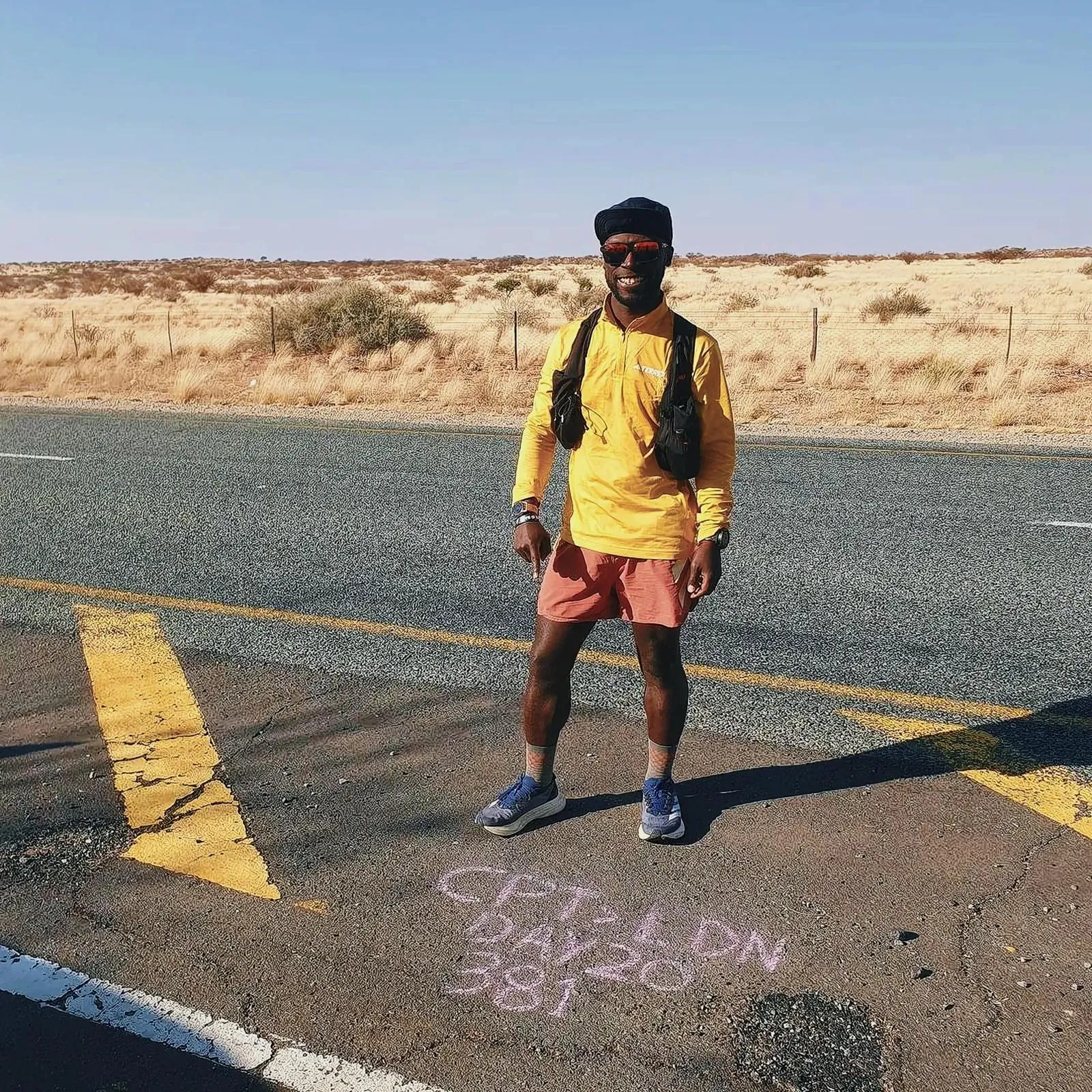
The Champion’s Voyage: Challenging Boundaries and Fostering Connections
Discover the inspiring story of Deo Kato, a man of Ugandan descent and London residency, who is running from Cape Town to London, along ancient migratory trails, to challenge racial stereotypes, question territorial divisions, and foster human connections. Kato’s journey is not just a test of physical stamina, but a poignant commentary on the obstacles that refugees encounter in their search for safety and a lively rebuttal against racism, demonstrating that our common human heritage trumps race or nationality.
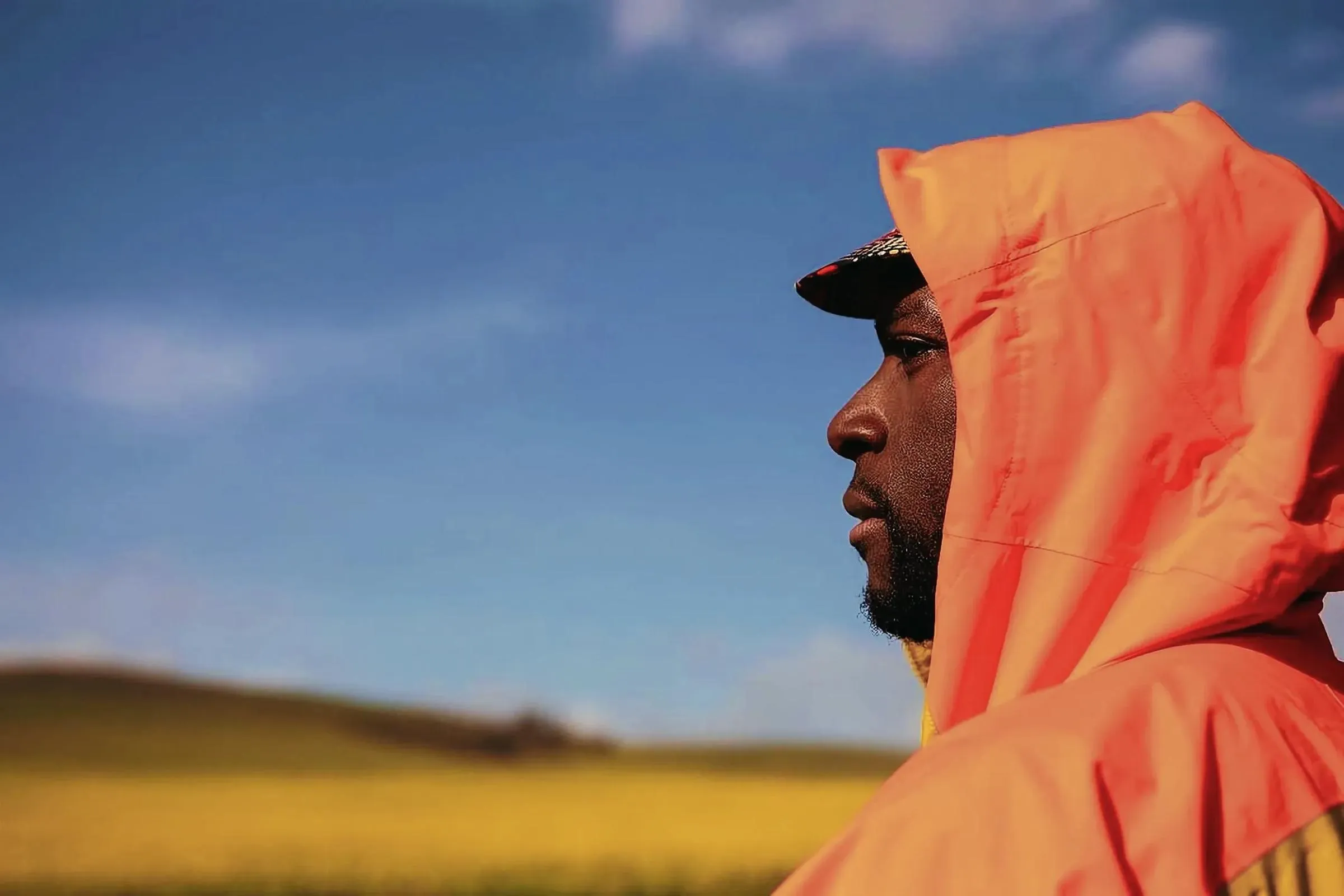
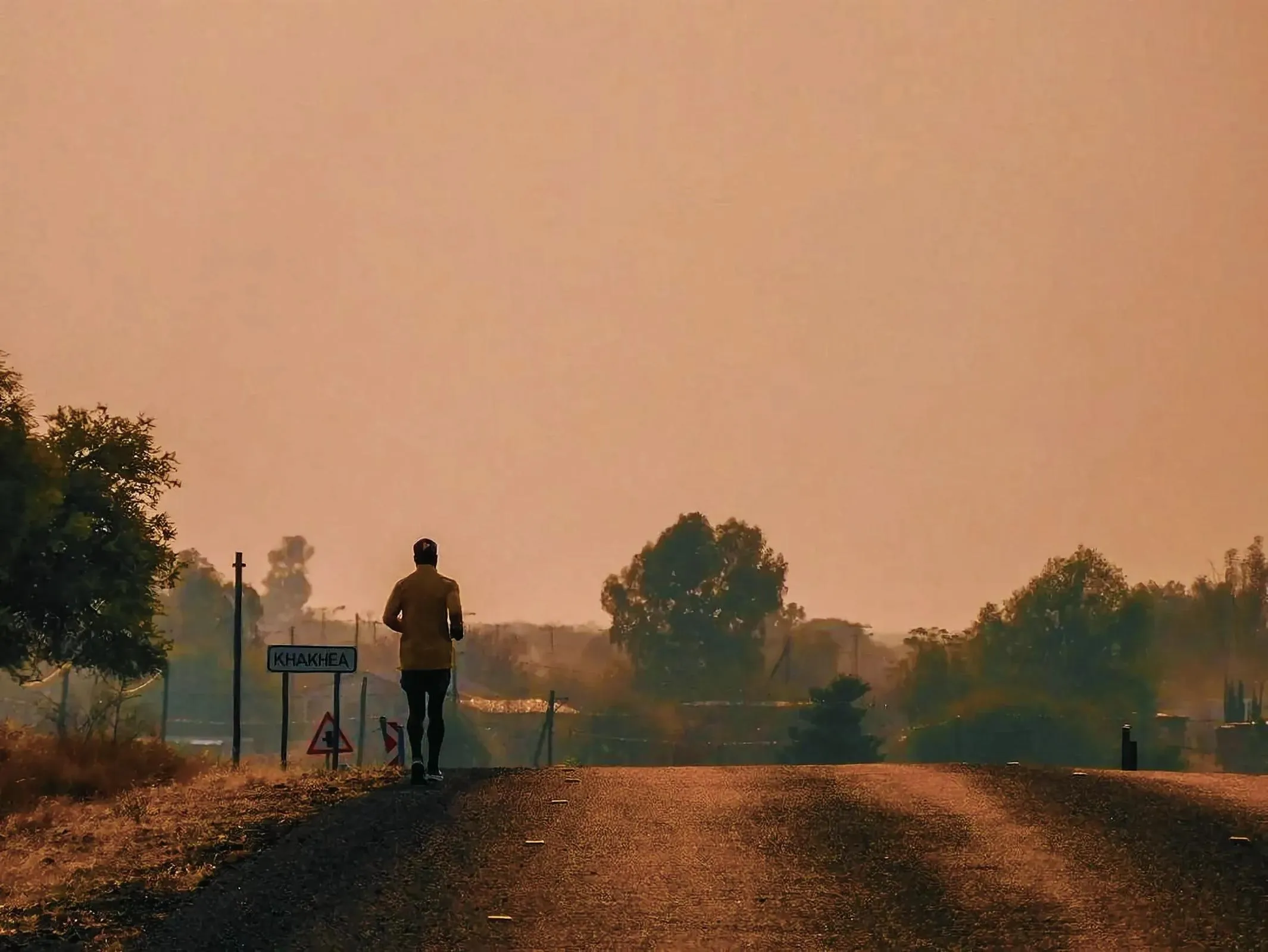
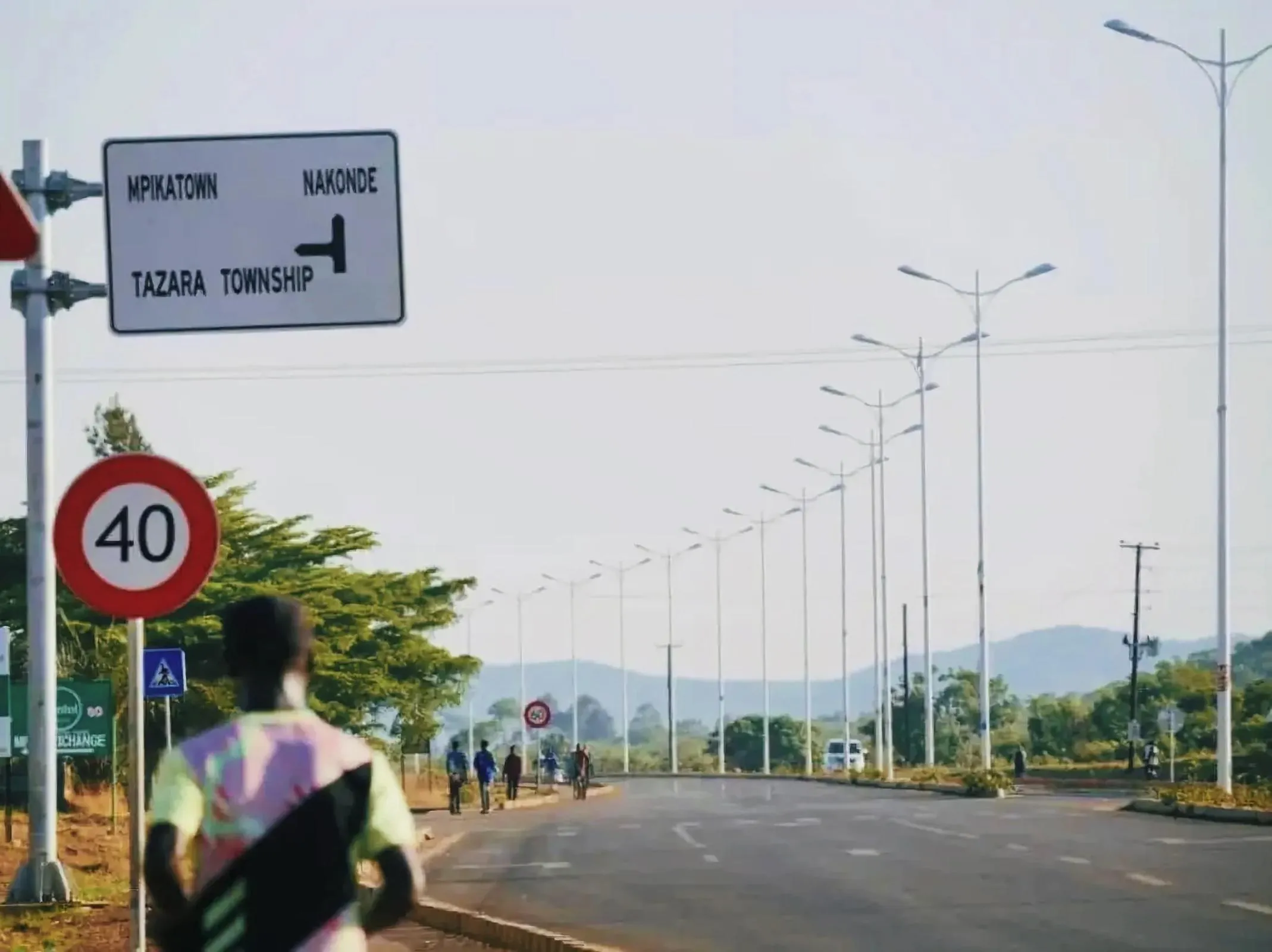
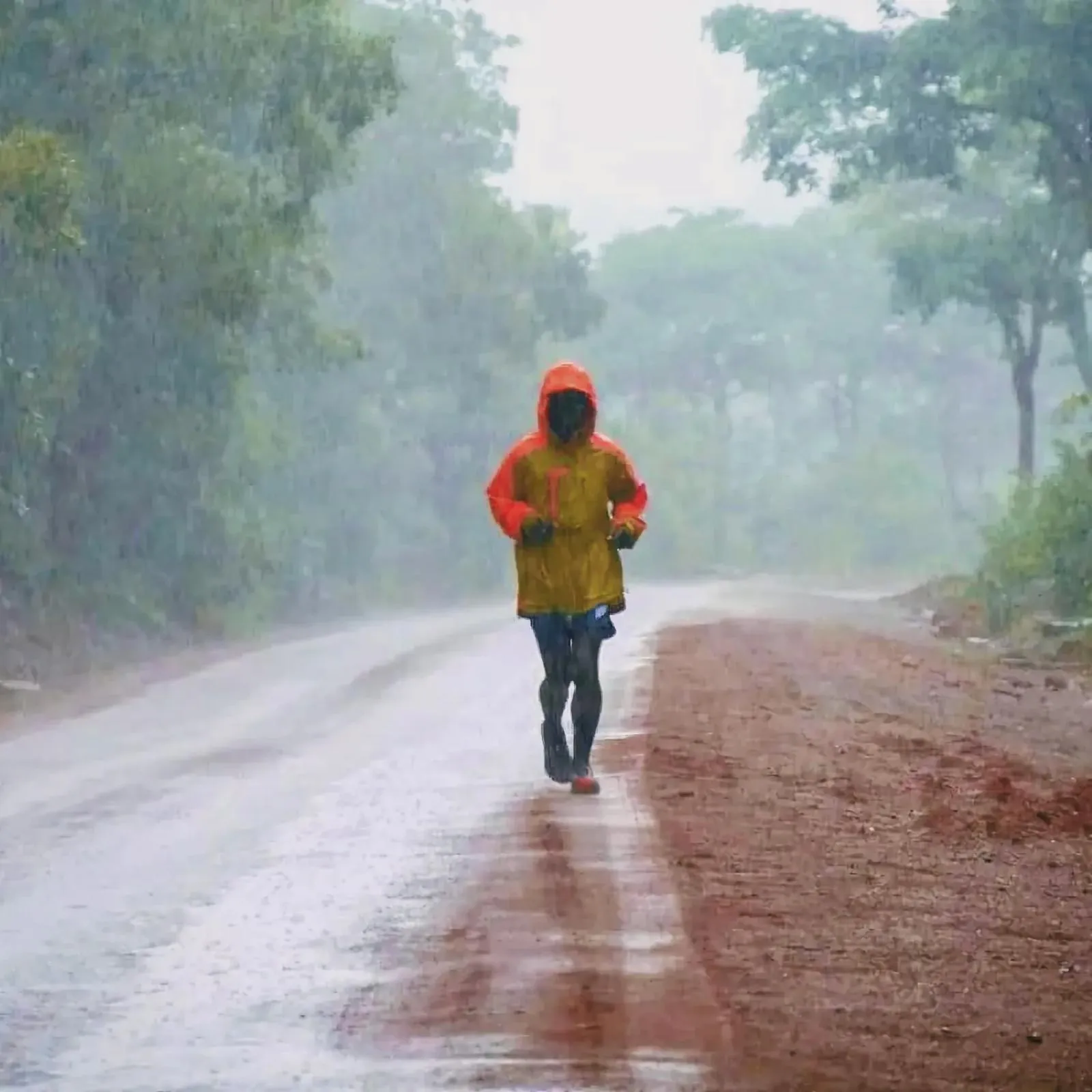
The Genesis of a Unique Narrative
In the pulsating heartland of Africa, an extraordinary tale is being spun, one that goes beyond territorial boundaries and defies convention. Our central character, Deo Kato, a man of Ugandan descent but London residency, is undertaking a pan-African marathon. He’s running the distance from Cape Town to London – a feat that is physically demanding and symbolically profound. Kato is not just running; he is journeying along ancient migratory trails, questioning long-standing racial stereotypes and biases.
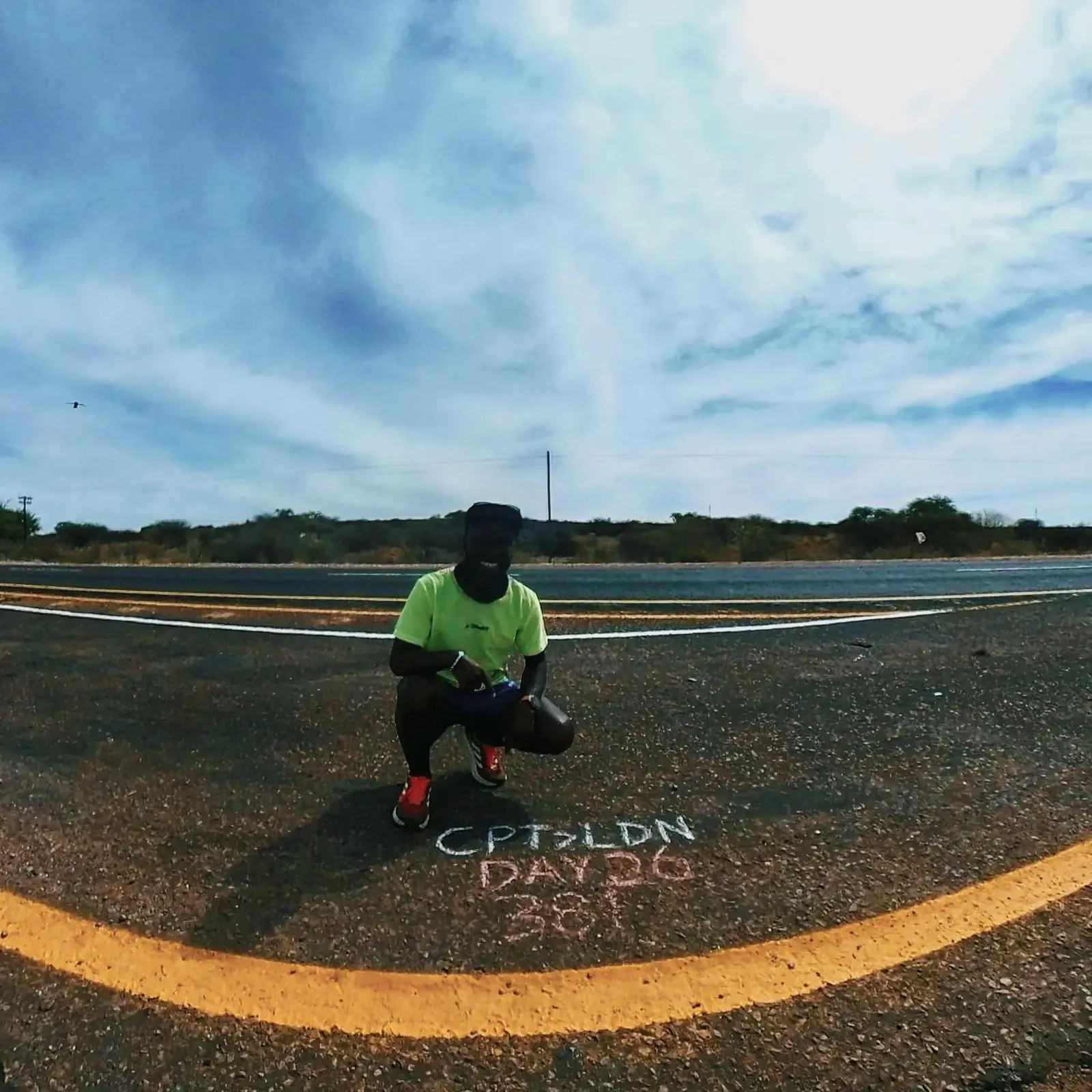
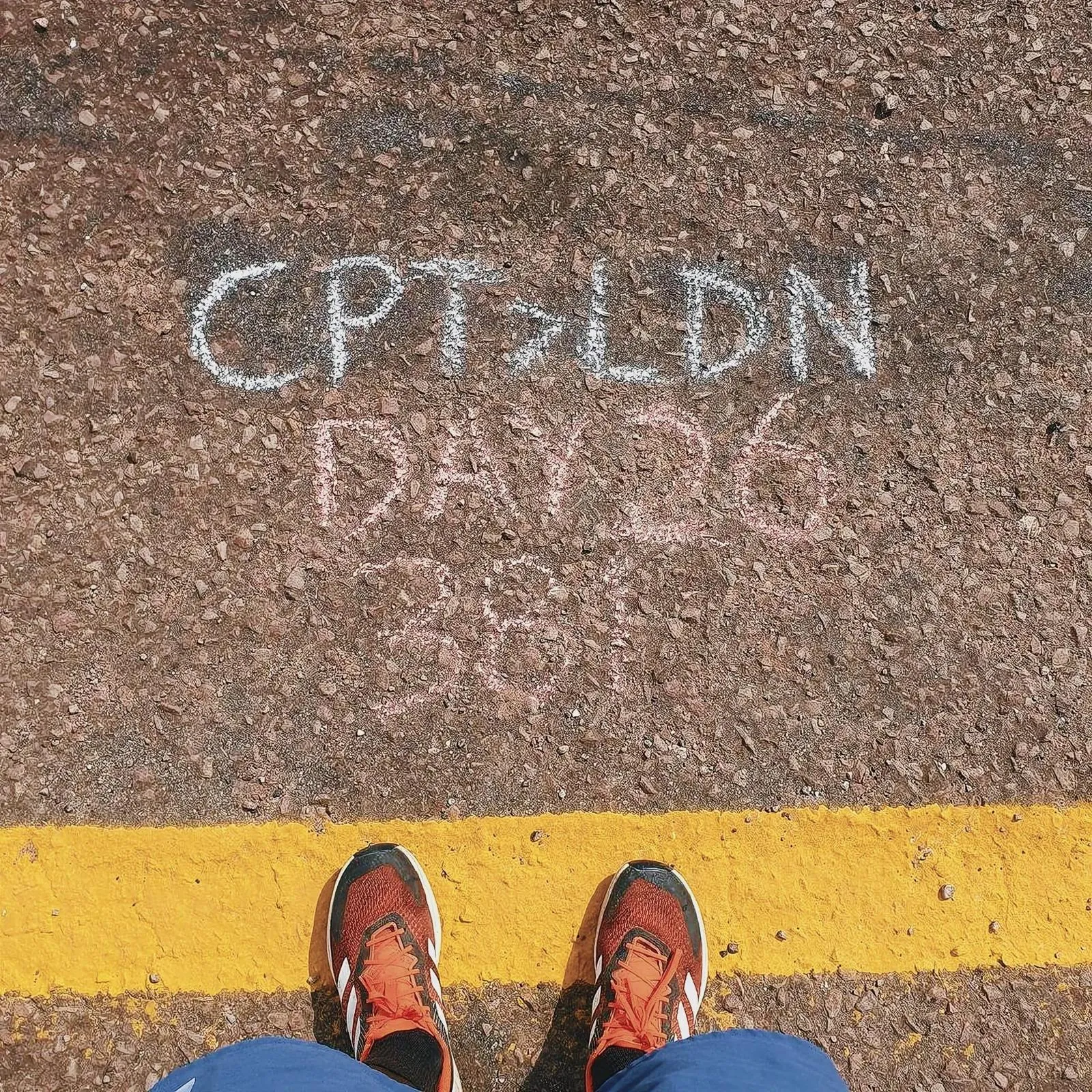
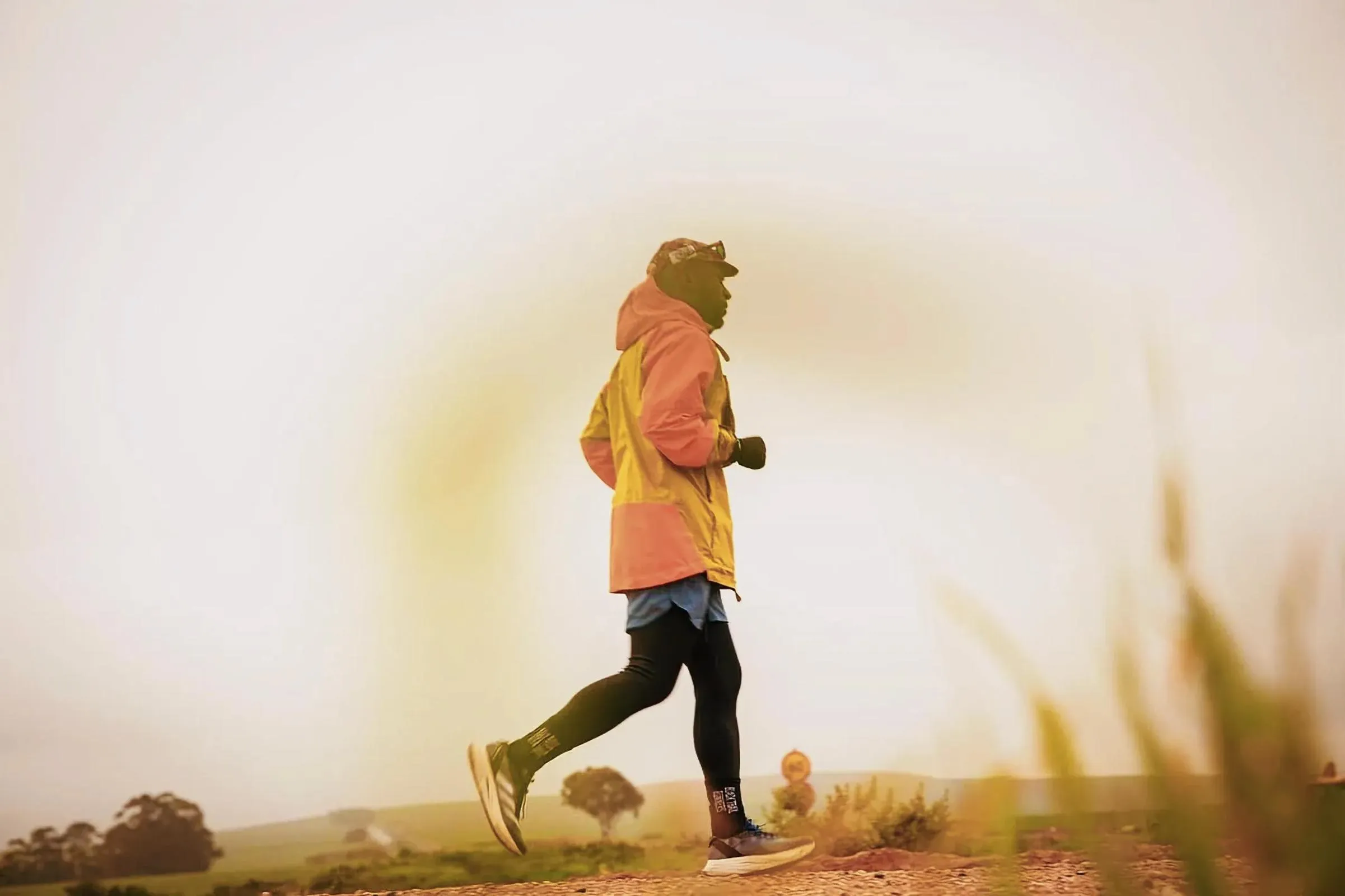
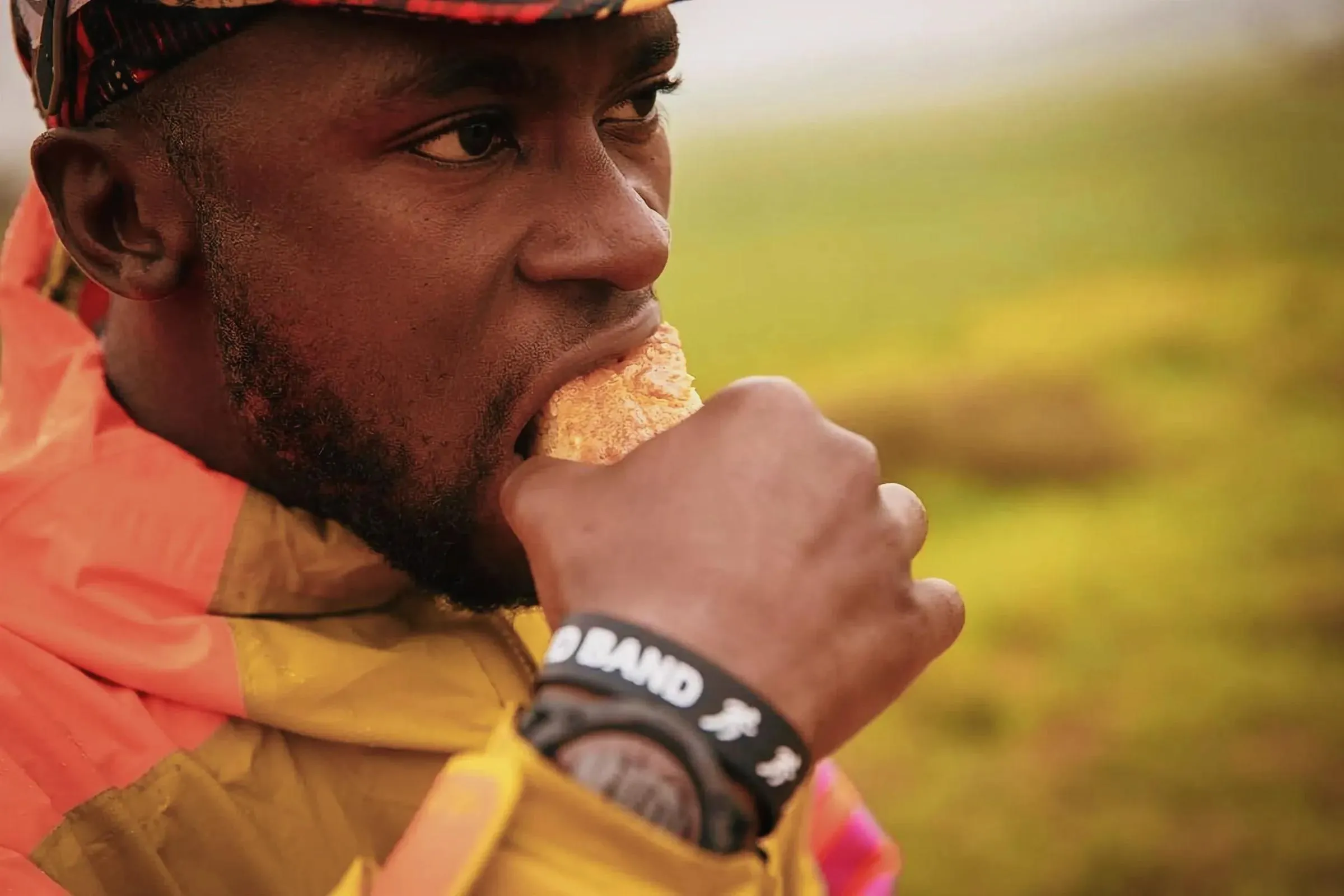
Kato stepped out on his epic adventure on July 24, 2023. He chose the Long March to Freedom Monument in Cape Town as his starting point. His chosen path, a tribute to human tenacity, reflects the migration patterns of our early ancestors who were compelled to leave Africa due to climate change and the fight for survival. His strides resonate with the movements of the Khoisan people, who uprooted their lives in response to shifting climates. “Just as they migrated to find more suitable living conditions, we’re moving for similar reasons that early humans moved for,” says Kato.
Facing Challenges and Finding Kindness
However, Kato’s journey is far from a leisurely stroll; it is fraught with hurdles and difficulties. Much like the dilemmas faced by the fabled Odysseus, Kato confronts severe natural, political, and personal challenges. Heavy rains, marshy terrains, and food poisoning incidents in Tanzania were just the beginning. His path led him along the borders of conflict-ridden territories such as Ethiopia, posing grave threats and marking it as the most demanding stretch of his journey.
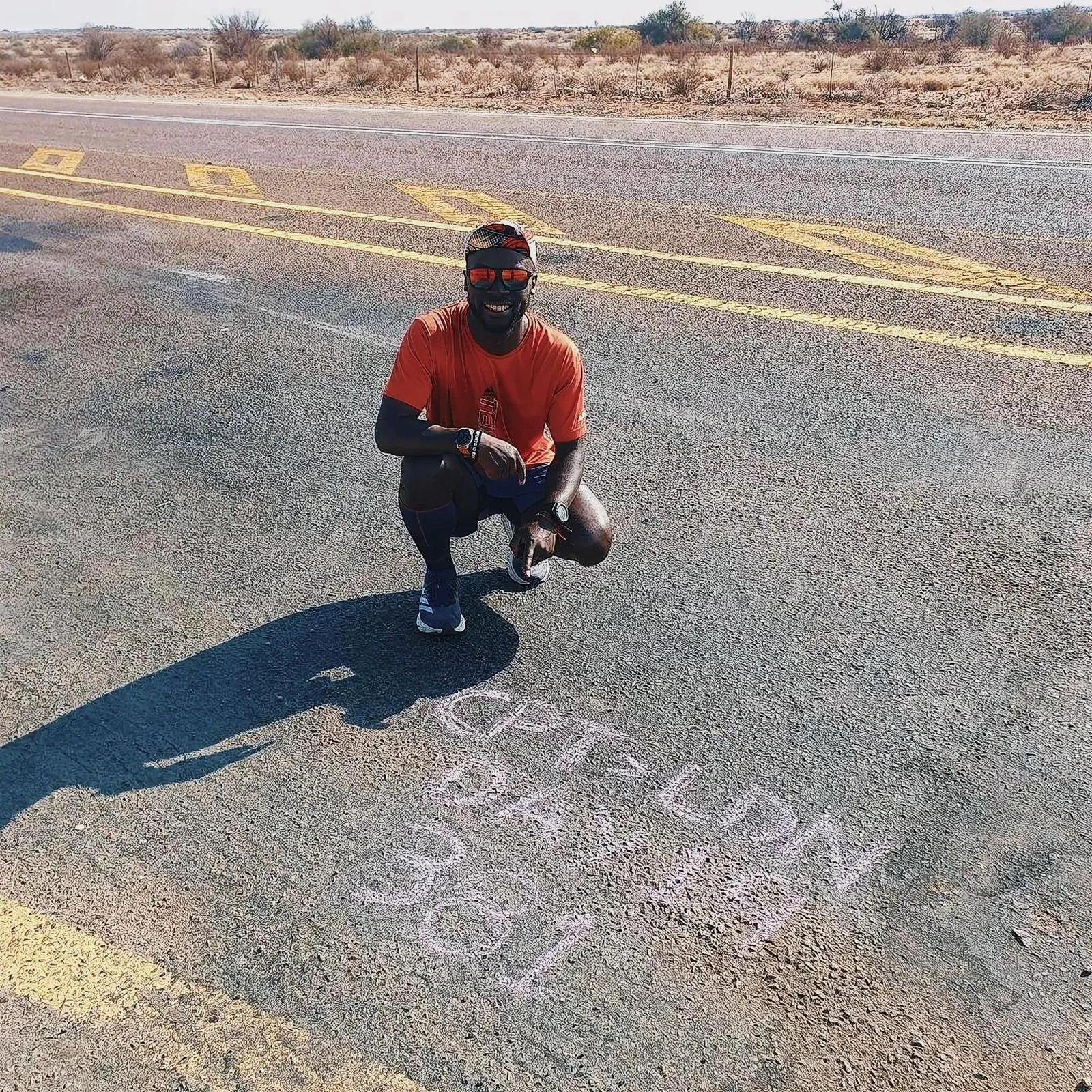
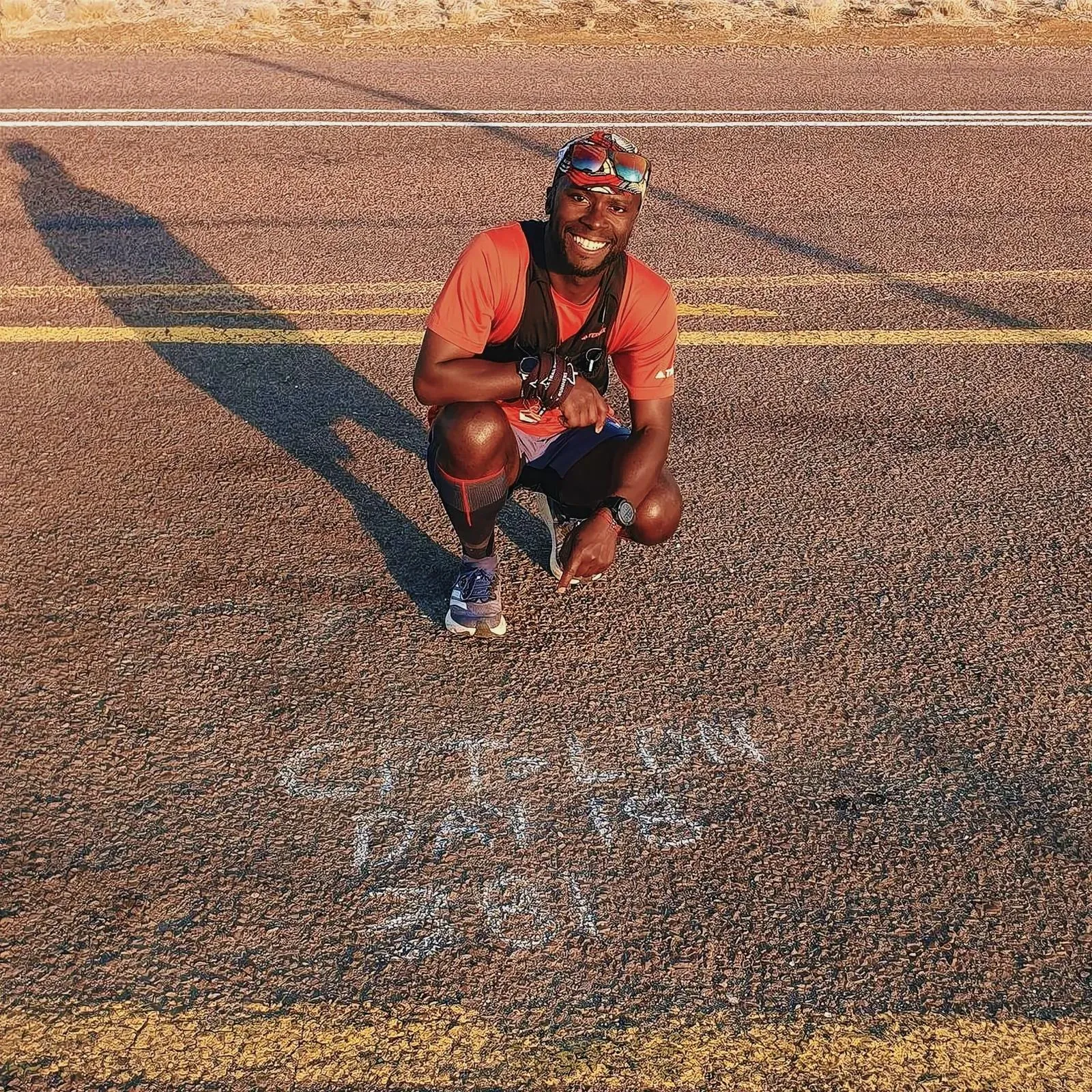
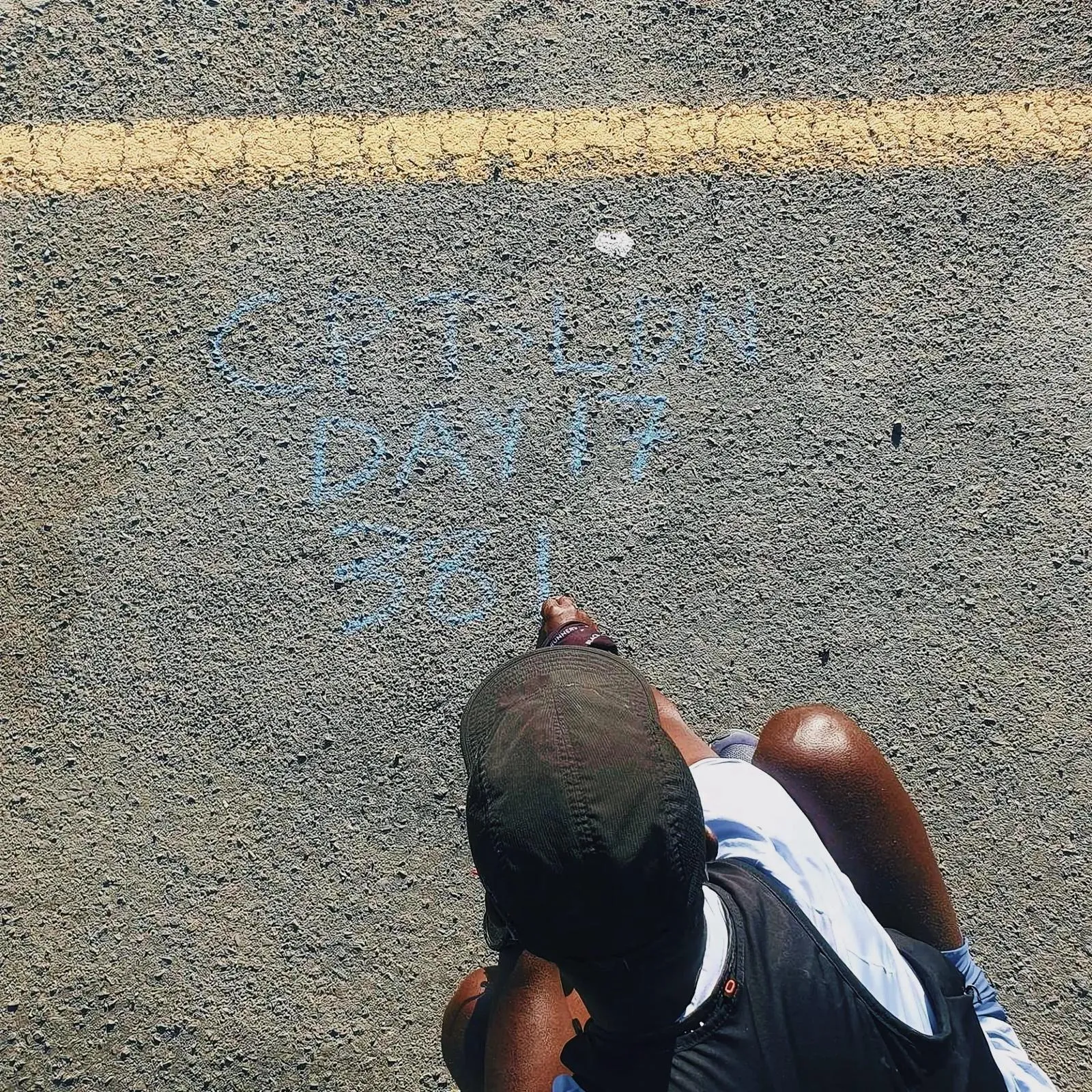
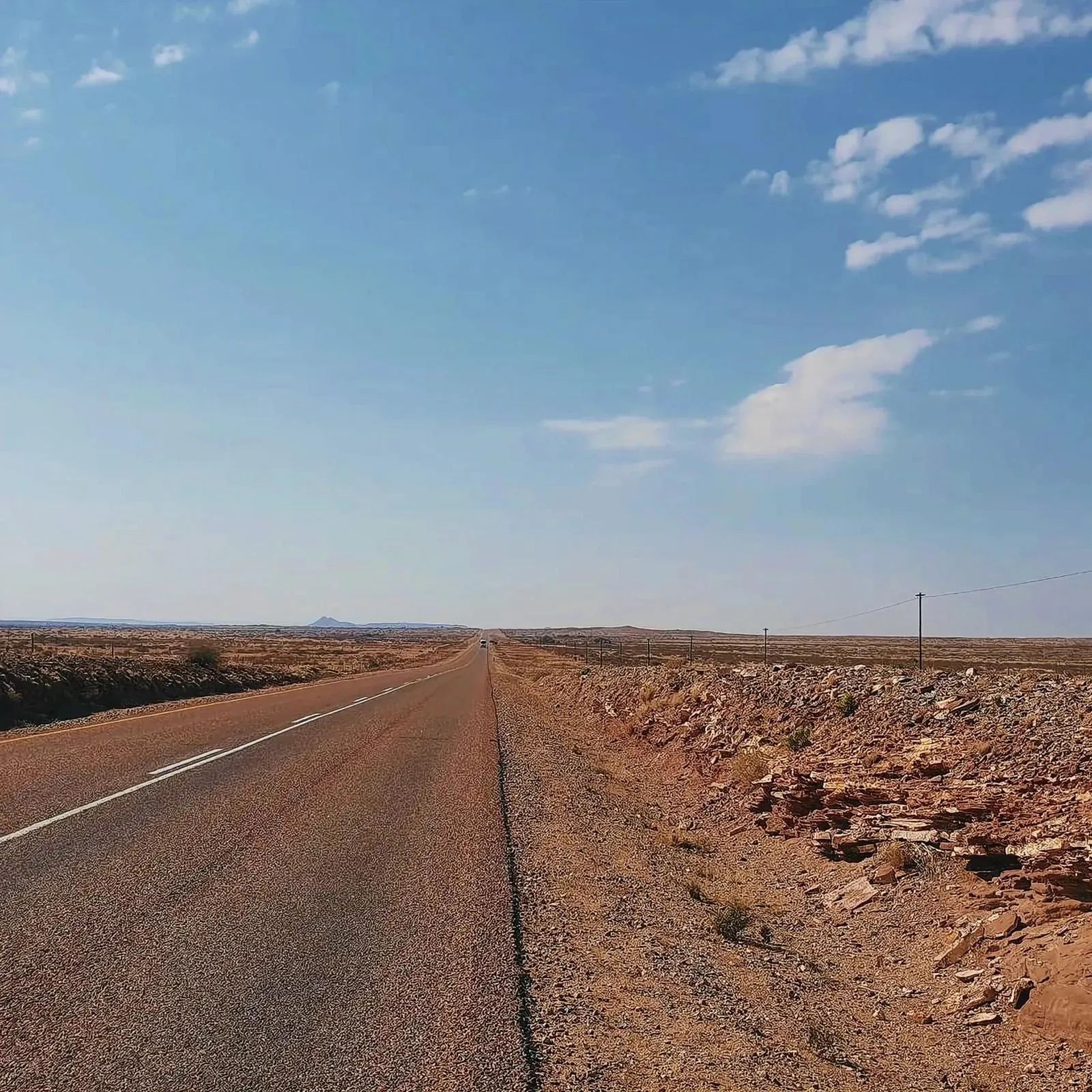
Yet, even in the face of these hardships, the power of human compassion makes itself felt. In the arid expanses of northern South Africa, alone and unwelcomed, Kato stumbled upon an island of comfort. A generous local farmer offered him shelter and sustenance, an embodiment of humanity’s capacity for kindness. Experiences like these, wrapped in empathy and shared human connection, helped Kato endure and carry on, often transforming the most challenging days into the most gratifying ones.
A Marathon with a Message
Kato’s adventure is more than just a test of physical stamina. It is a poignant commentary on the damaging concept of territorial divisions. The logistical issues and bureaucratic difficulties that Kato confronted underline the obstacles that refugees encounter in their search for safety. In his words, “Today, many are advocating for a united Africa without borders,” hinting at the potential for greater inclusivity and opportunities that a society without boundaries could provide.
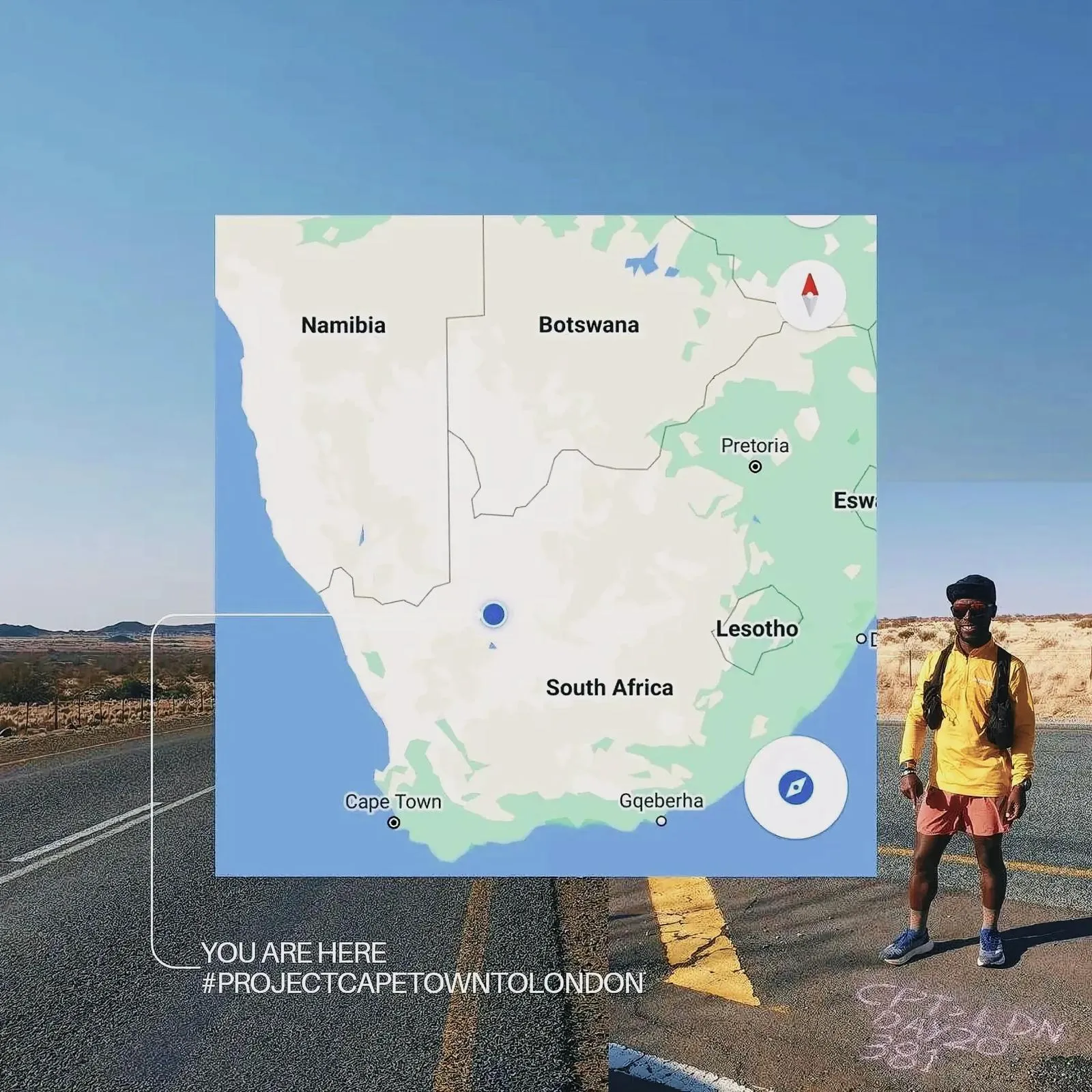
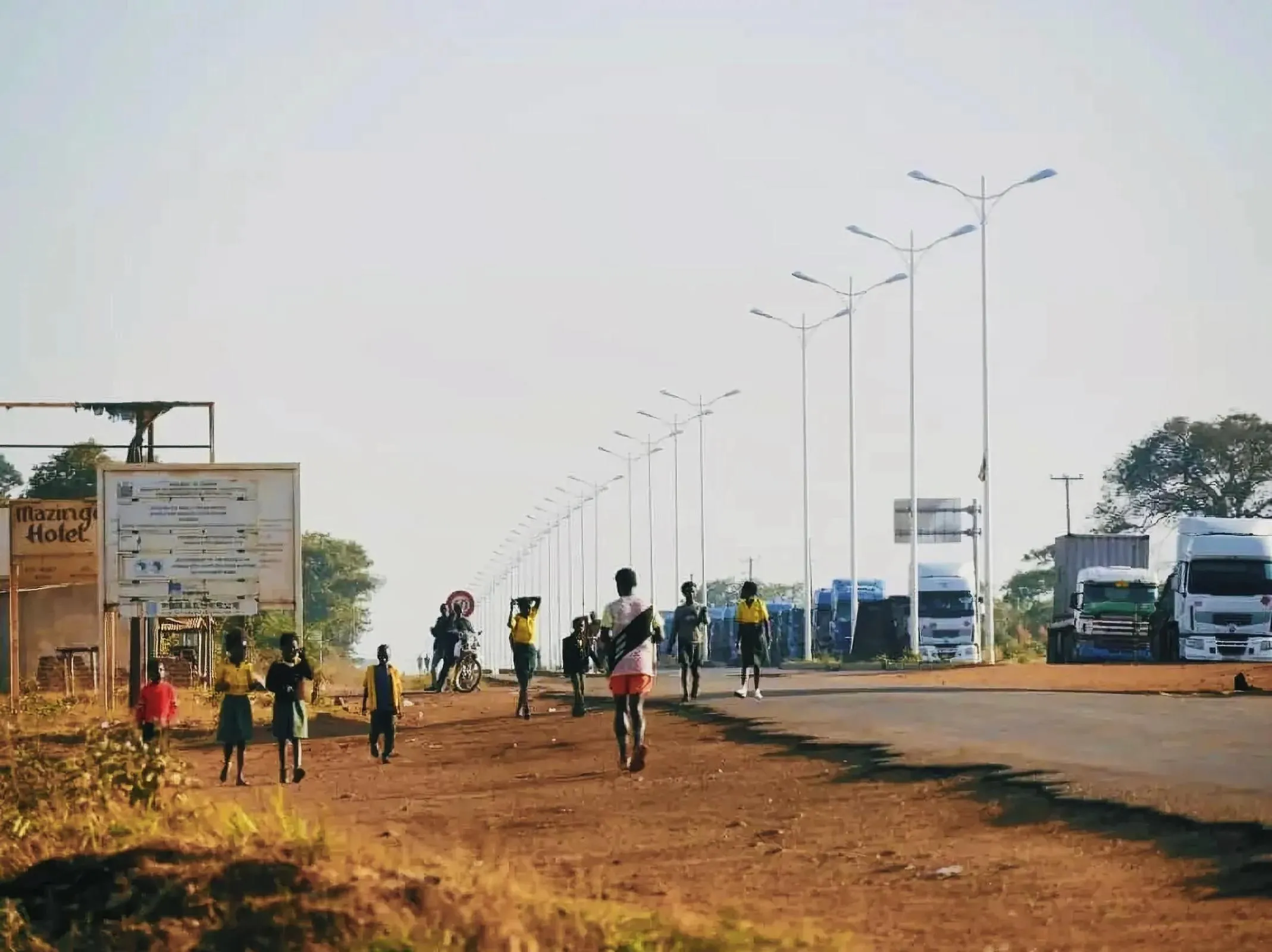
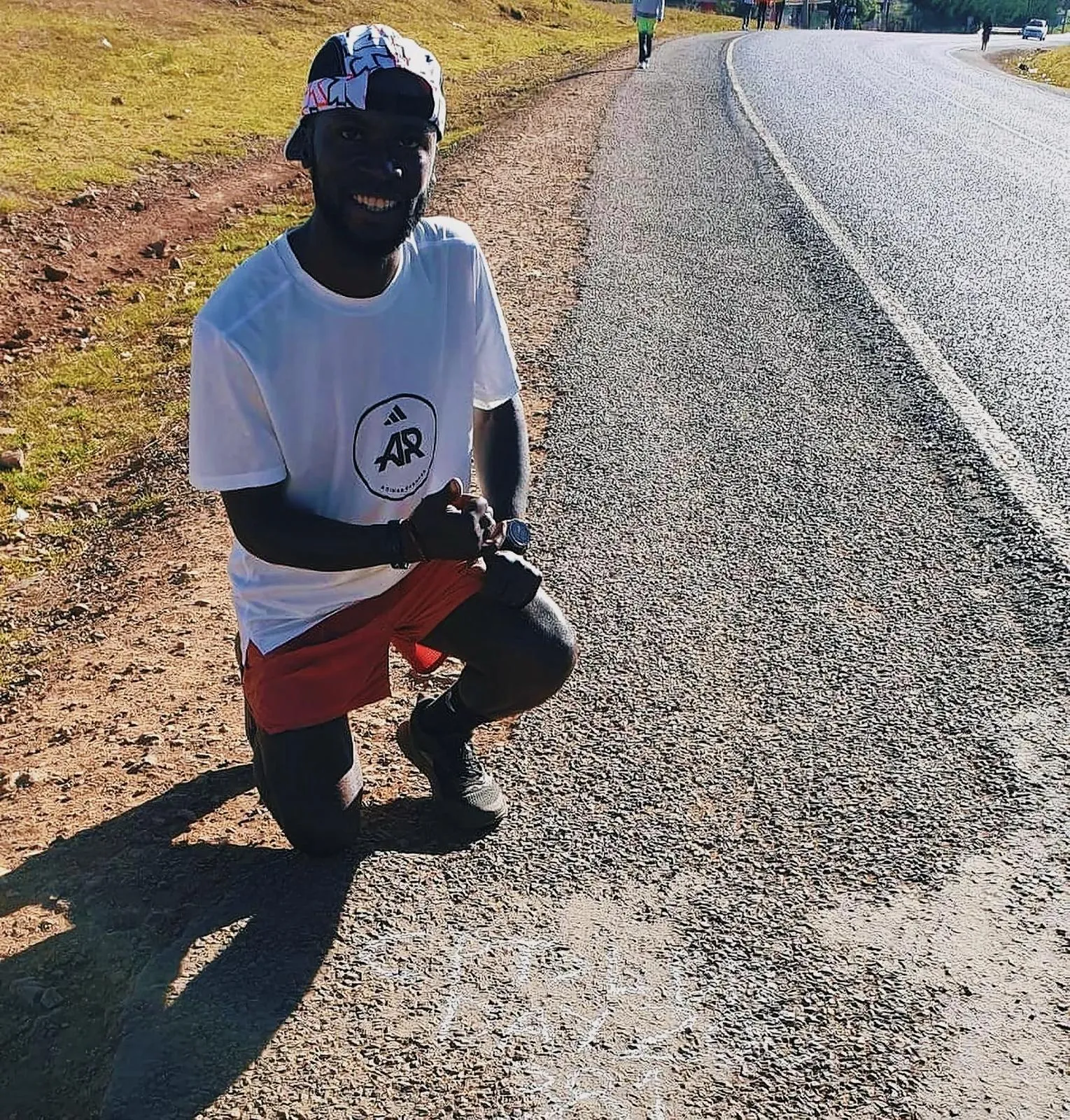
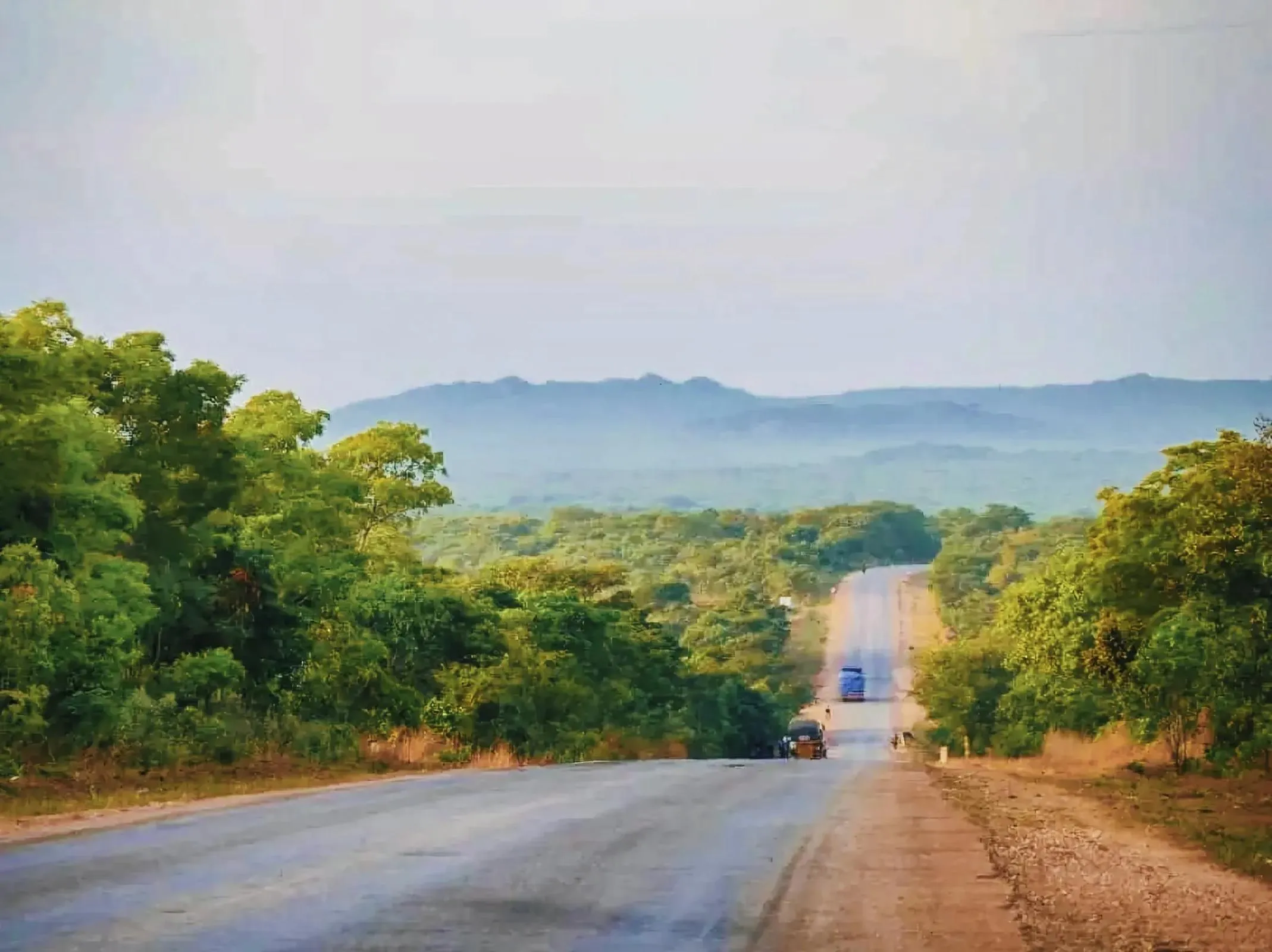
His marathon also conveys a strong cultural message. By charting a course from Cape Town to London, Kato challenges the racial notion that people should ‘return to their roots.’ He emphasizes Africa as the birthplace of humanity, insisting that if everyone were to trace back their lineage, we’d all find ourselves back in Africa. His expedition is a lively rebuttal against racism, demonstrating that our common human heritage trumps race or nationality.
An Endurance Runner’s Will and His Unseen Journey
Covering an average distance of 25 miles daily, Kato’s journey gives testament to the might of determination. His itinerary was carefully designed to include Uganda, enabling him to reconnect with his origins by visiting his father. Despite the demanding trek and countless obstacles, Kato’s determination remains unwavering.
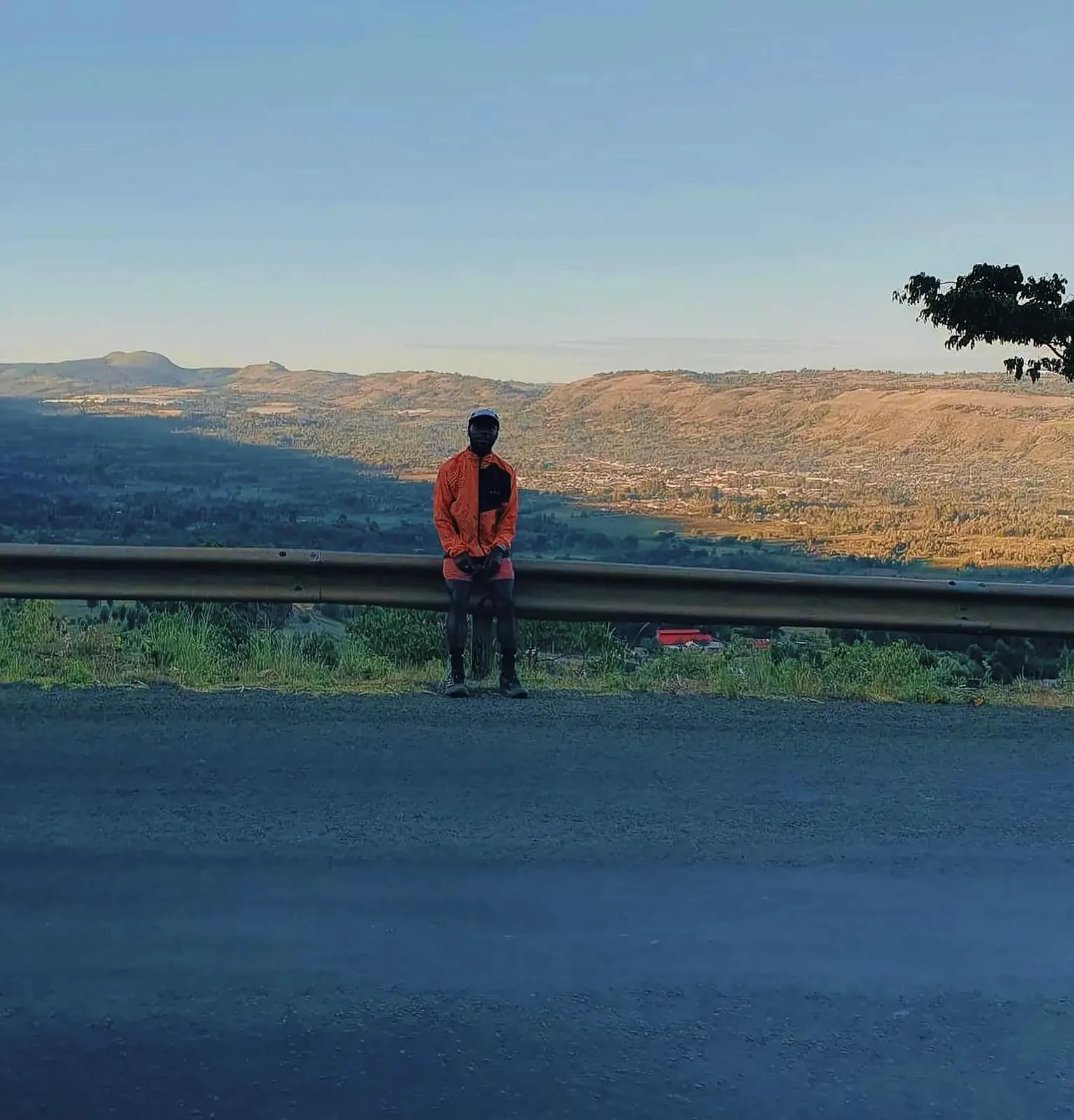
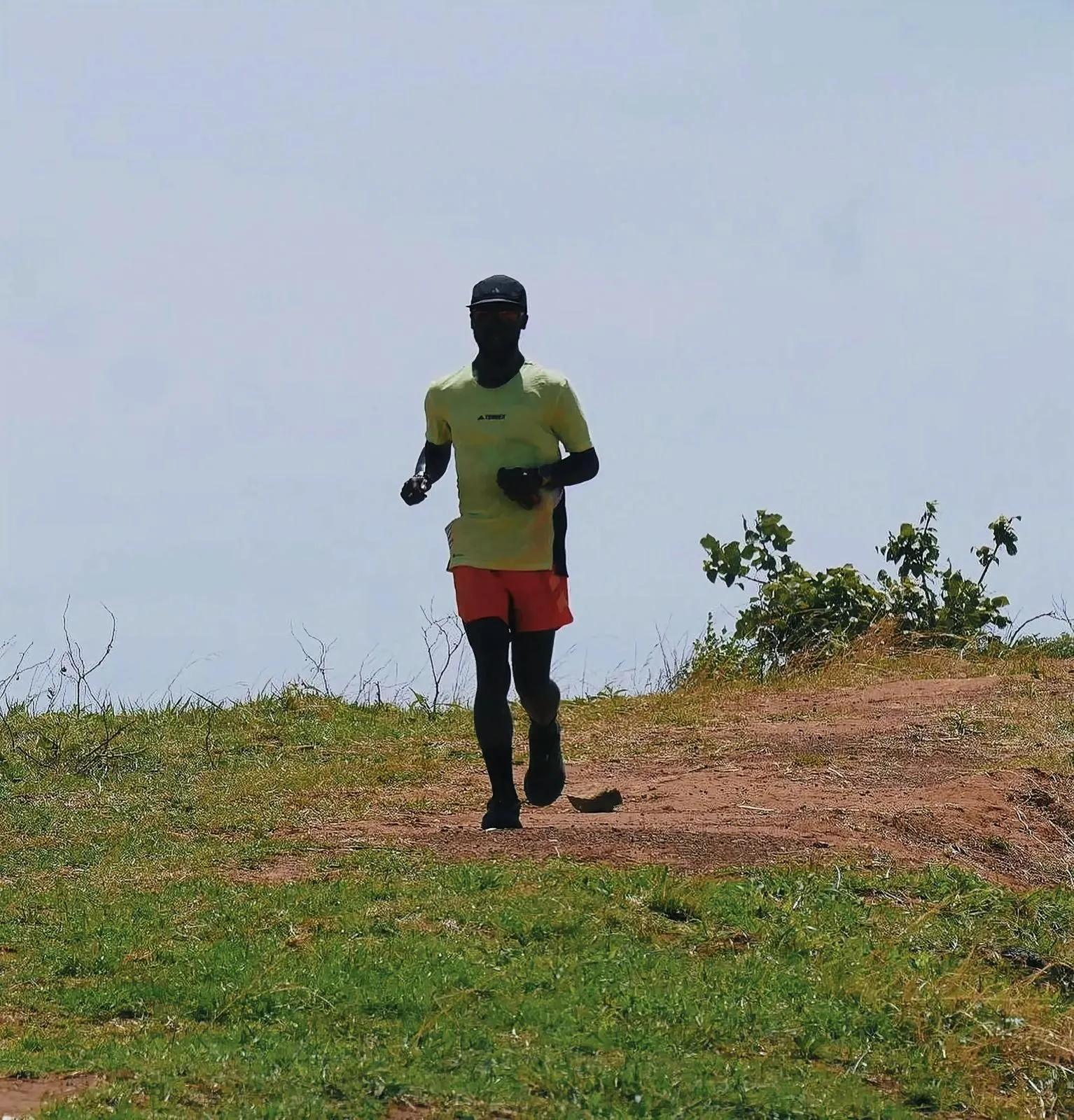
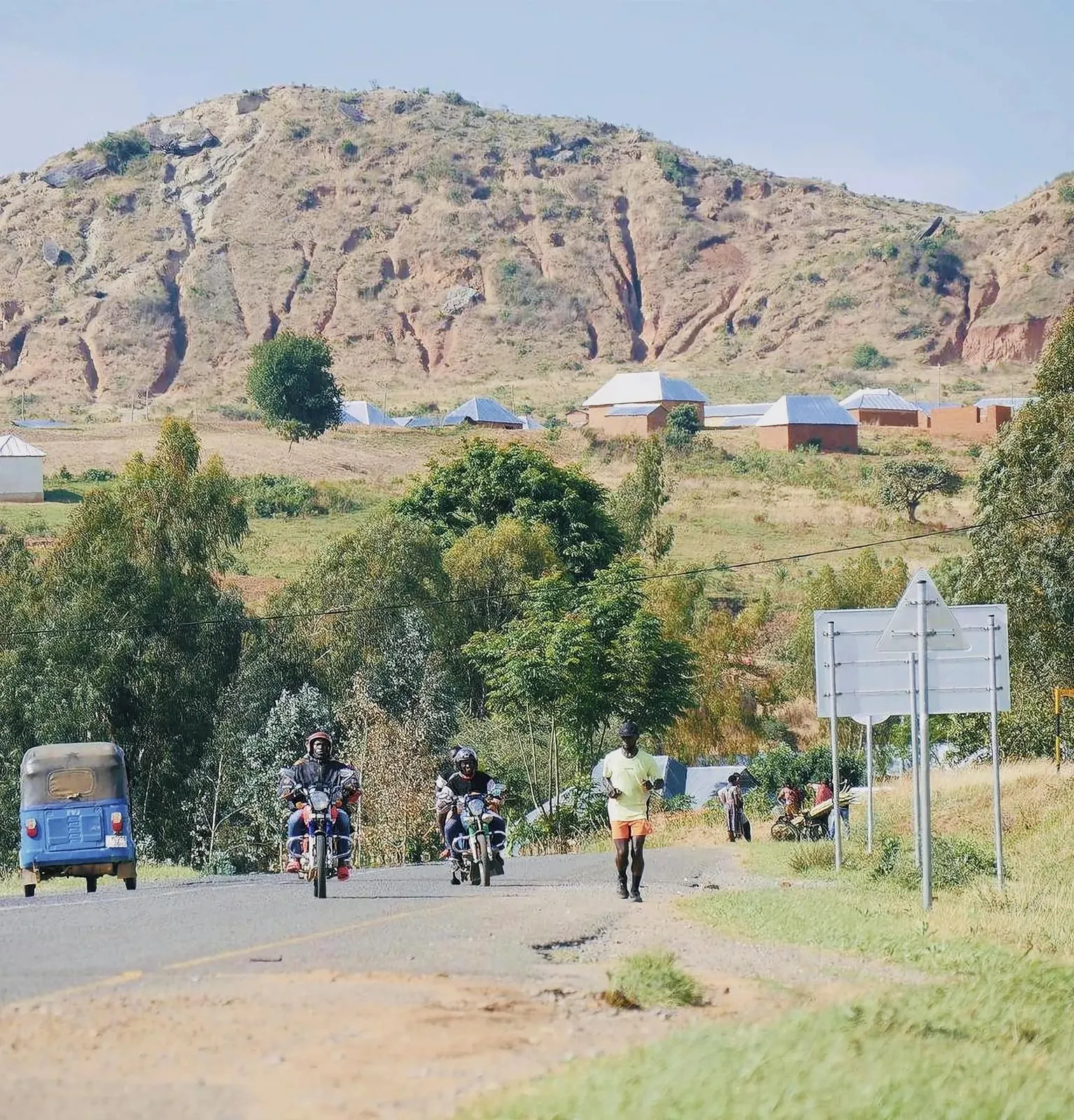
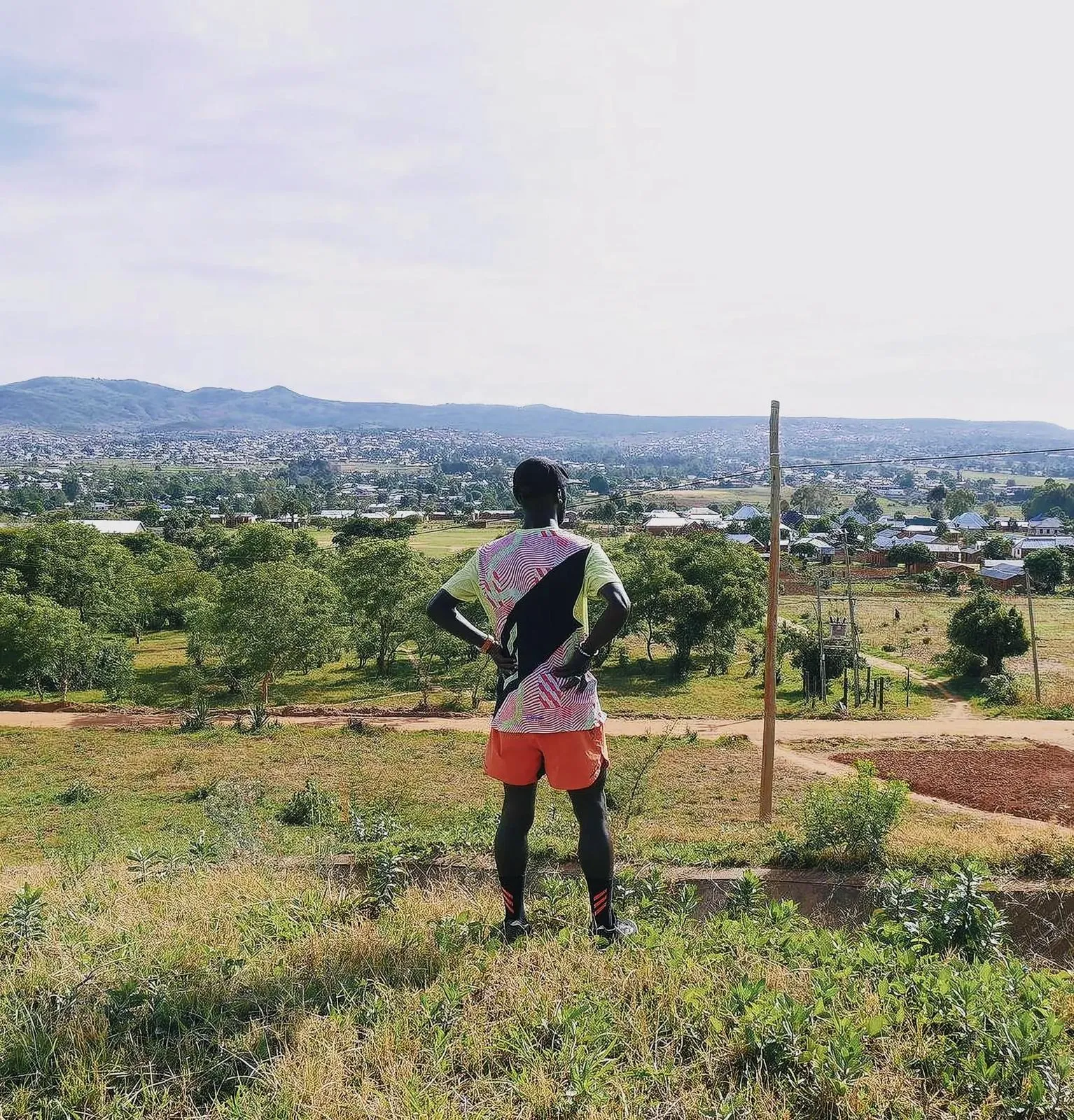
Next up on Kato’s itinerary is Sudan, home to the world’s largest internal displacement crisis, and a part of the vast Sahara desert. Awaiting him are the harsh realities of water scarcity and potential border issues due to ongoing conflicts. Nevertheless, he continues, optimistic and undaunted.
In following the trails of our ancestors, Kato isn’t just documenting a unique voyage; he’s redefining the narrative of migration. His story compels us to challenge the biases and misconceptions that are deeply ingrained in our societies. Kato isn’t merely running towards London; he’s running to foster connections, to dissolve boundaries, and to narrate a story that is essentially human. His journey stands as a tribute to the indomitable human spirit and serves as a reminder that our shared heritage is more potent than the borders that divide us.
1. Who is Deo Kato?
Deo Kato is a man of Ugandan descent and London residency who is running from Cape Town to London along ancient migratory trails to challenge racial stereotypes, question territorial divisions, and foster human connections.
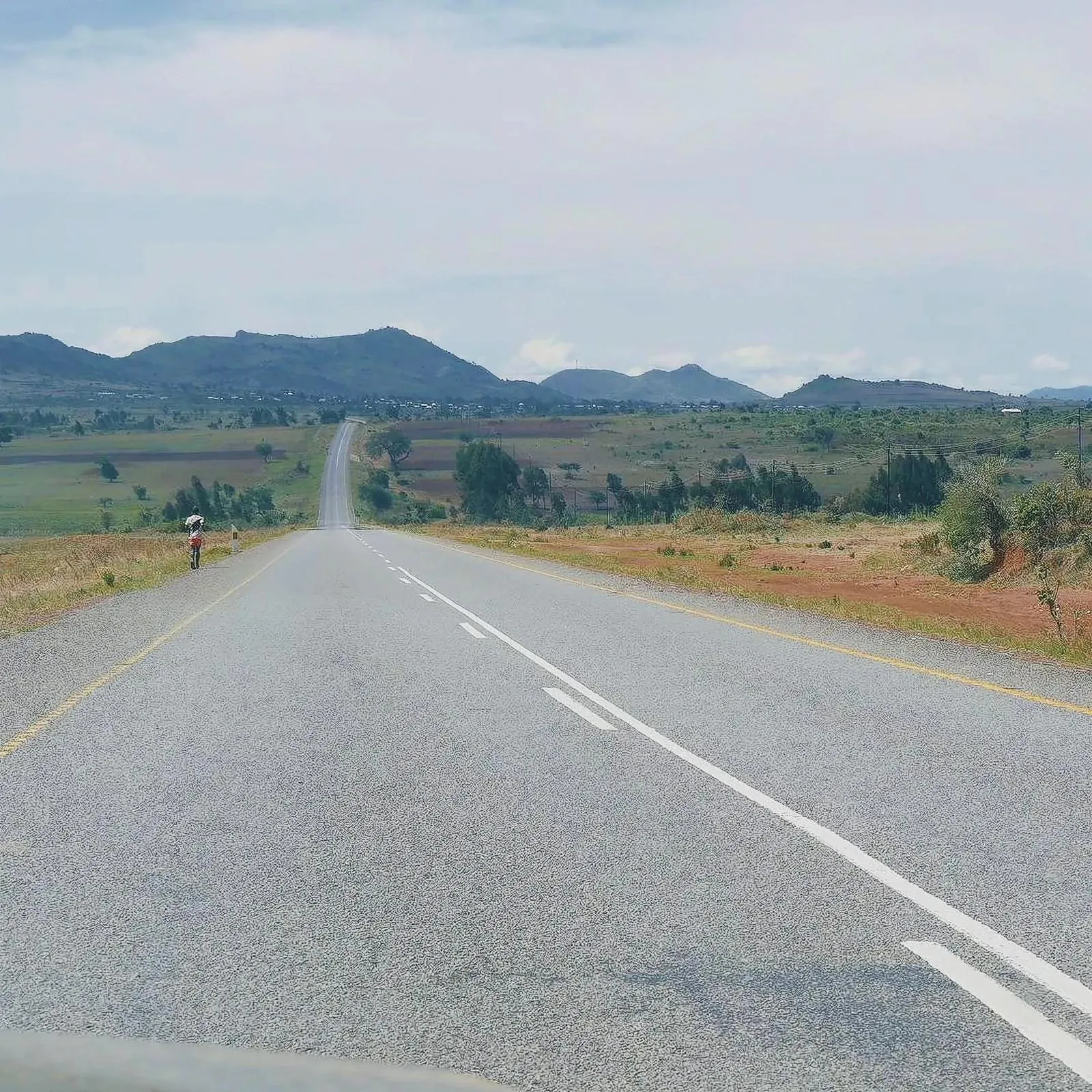
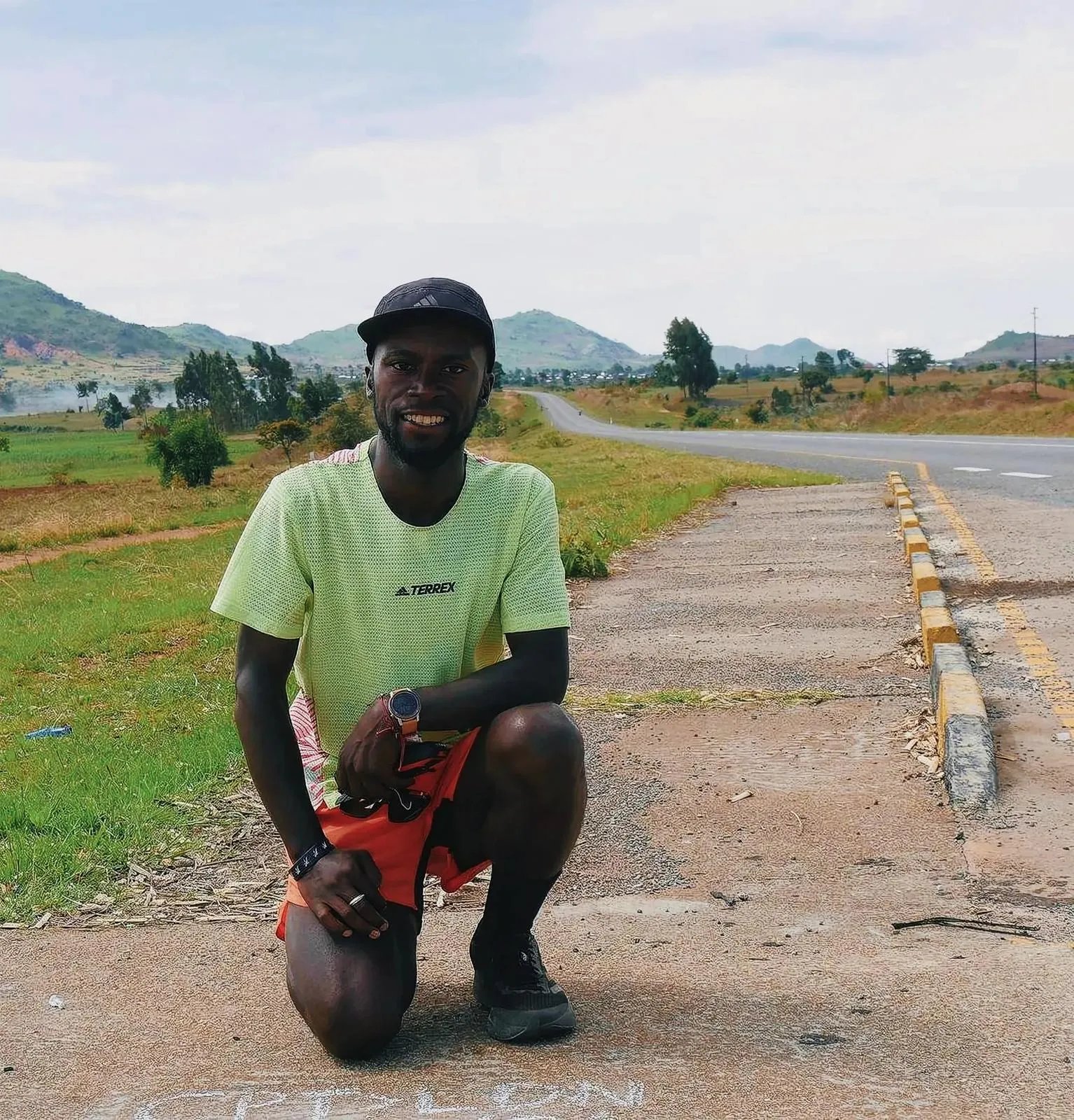
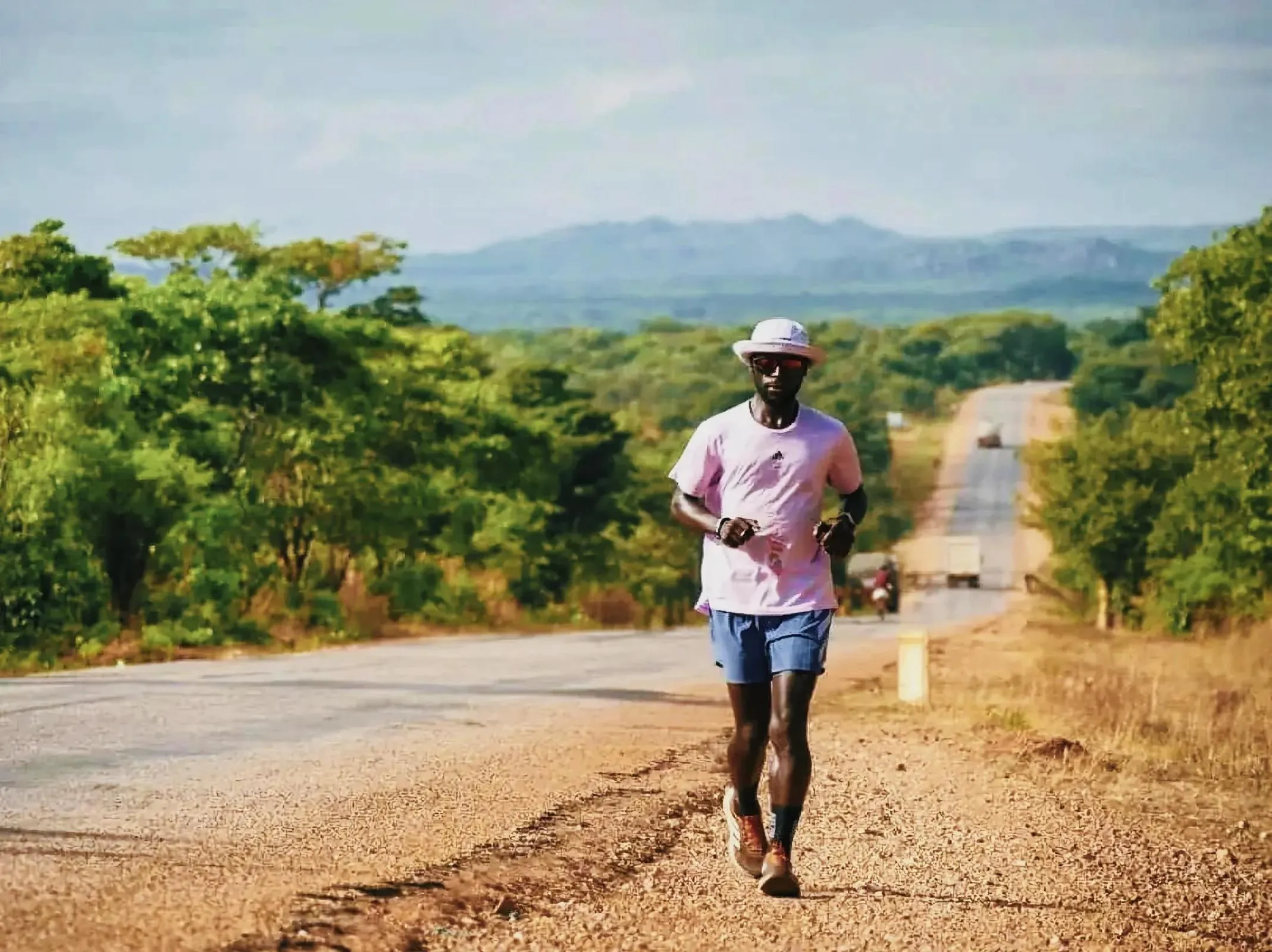
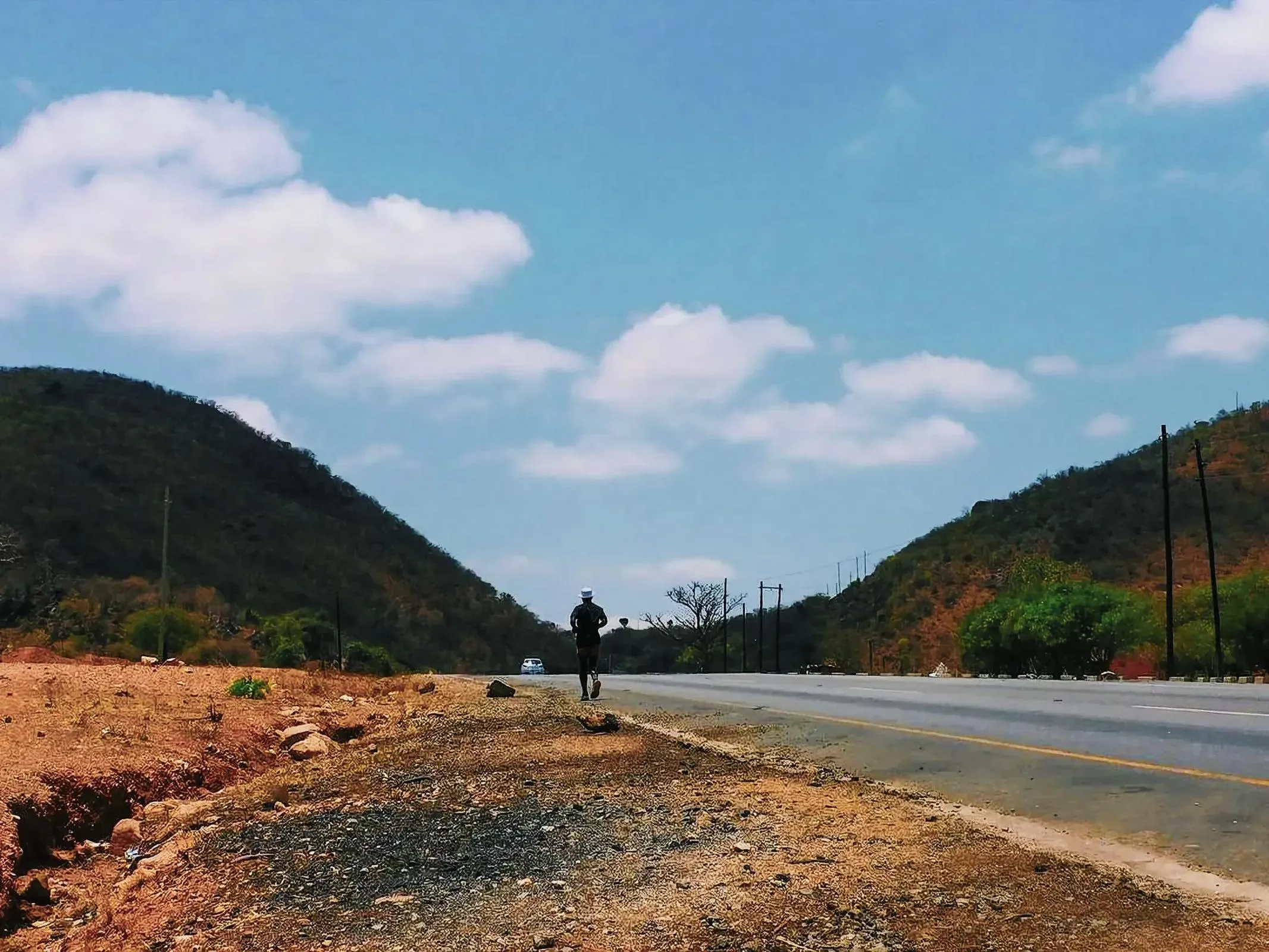
2. What is the purpose of Kato’s journey?
Kato’s journey is a commentary on the obstacles that refugees encounter in their search for safety, a rebuttal against racism, and a demonstration that our common human heritage trumps race or nationality. He aims to challenge territorial divisions and promote inclusivity and opportunities in society.
3. What challenges has Kato faced on his journey?
Kato has faced numerous challenges on his journey, including heavy rains, marshy terrains, food poisoning incidents, and political conflicts. In the face of these difficulties, he has found kindness and compassion from others, which has helped him carry on.
4. What is the cultural message of Kato’s marathon?
Kato’s marathon challenges the idea that people should ‘return to their roots’ and emphasizes Africa as the birthplace of humanity. He believes that if everyone were to trace back their lineage, we’d all find ourselves back in Africa, demonstrating that our common human heritage trumps race or nationality.
5. What is the significance of Kato’s itinerary?
Kato’s itinerary is carefully designed to include Uganda, where he can reconnect with his origins by visiting his father. His journey follows the migration patterns of our early ancestors who were compelled to leave Africa due to climate change and the fight for survival.
6. What does Kato’s journey represent?
Kato’s journey represents the indomitable human spirit and serves as a reminder that our shared heritage is more potent than the borders that divide us. He aims to foster connections, dissolve boundaries, and narrate a story that is essentially human.




